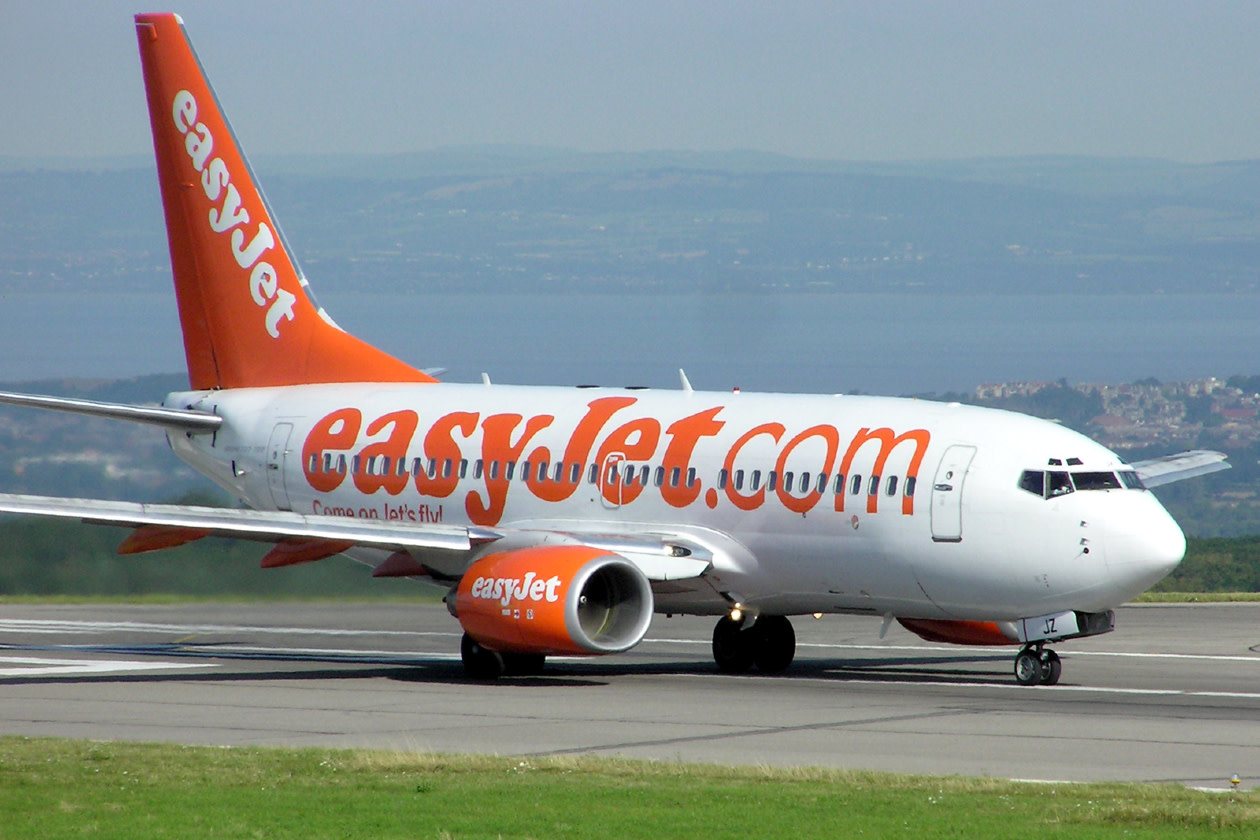easyJet’s third quarter revenue grew 9.7% to £2.9bn, helped by increased capacity, seat occupancy and higher spending per passenger. The timing of Easter also worked in the group’s favour. Holiday growth was particularly strong up 27% to £428mn.
Underlying profit before tax rose 21% to £286mn (2% ahead of forecasts) driven mainly by the revenue uplift and a 7.3% fall in average fuel prices.
easyJet expects good profit growth for the full year, but has cautioned over the impact of the French Air Traffic Controllers strike, a rise in fuel prices, and a trend towards later booking patterns.
The shares fell 6% in early trading.
Our view
easyJet’s posted a robust set of third quarter numbers and the underlying trends for the crucial final quarter, and the early part of next year, show further progress. But two external factors, fuel prices and industrial action, as well as some pricing softness is likely to see pre-tax profit growth for the year undershoot the 16% rate implied by analyst forecasts.
The no-frills airline is doing a great job of growing its fleet, stimulating demand, and keeping costs under control. On average, more of the available seats are being filled too. Given the high fixed costs associated with flying planes, keeping them as full as possible is key to profitability.
Selling extras to existing passengers is a key part of the success story too. So-called ancillary revenues are things like extra baggage, legroom and food. This is a highly lucrative area, and the growth has been impressive.
easyJet's ability to sell these add-ons and encourage strong demand stems from its route strategy. It focuses on profitable Western European routes within major airports. It's also invested heavily in bolstering its presence at these major airports while adding new desirable destinations to its offering. This approach sets easyJet apart from other low-cost carriers - who trim costs by flying in and out of smaller, less convenient airports.
The package holiday arm is also seeing impressive growth. Revenue is growing at high double-digit rates and pre-tax profit this year is expected to make up around one third of the group total. Advertising spend in this segment has ramped up to help stimulate demand, which is already driving market share gains. The addressable market for package holidays is huge, and we see a long runway ahead for this segment if it can keep nailing delivery.
The balance sheet is in good shape, with substantial financial bandwidth to help support the prospective 2.9% dividend yield. If mid-term targets are hit, we think there could be room for share buybacks or special dividends. But as always, shareholder returns aren't guaranteed.
Something to consider is ongoing geopolitical tension, which has the potential to escalate and impact bookings. This hasn't dented investor sentiment, but as with any situation like this, that can change at short notice.
We think easyJet is well-placed within its sector and comes with growth opportunities, that aren’t baked into the current valuation. But there’s tough competition and geopolitical risks in the short term, so be prepared for some ups and downs along the way.
Environmental, social and governance (ESG) risk
The transport industry is medium risk in terms of ESG, with European firms managing them better than others. Carbon emissions, product governance, and quality & safety are the biggest risk drivers. Other key areas are emissions, effluents & waste, labour relations, and employee health & safety.
According to Sustainalytics, easyJet’s management of ESG risk is strong.
Its policy addressing environmental issues is very strong and executive remuneration is explicitly linked to sustainability performance targets. An adequate whistleblower policy is also in place. However, easyJet’s overall ESG reporting falls short of best practice.
easyJet key facts
All ratios are sourced from LSEG Datastream, based on previous day’s closing values. Please remember yields are variable and not a reliable indicator of future income. Keep in mind key figures shouldn’t be looked at on their own – it’s important to understand the big picture.
This article is not advice or a recommendation to buy, sell or hold any investment.No view is given on the present or future value or price of any investment, and investors should form their own view on any proposed investment.This article has not been prepared in accordance with legal requirements designed to promote the independence of investment research and is considered a marketing communication.Non - independent research is not subject to FCA rules prohibiting dealing ahead of research, however HL has put controls in place(including dealing restrictions, physical and information barriers) to manage potential conflicts of interest presented by such dealing.Please see our full non - independent research disclosure for more information.


